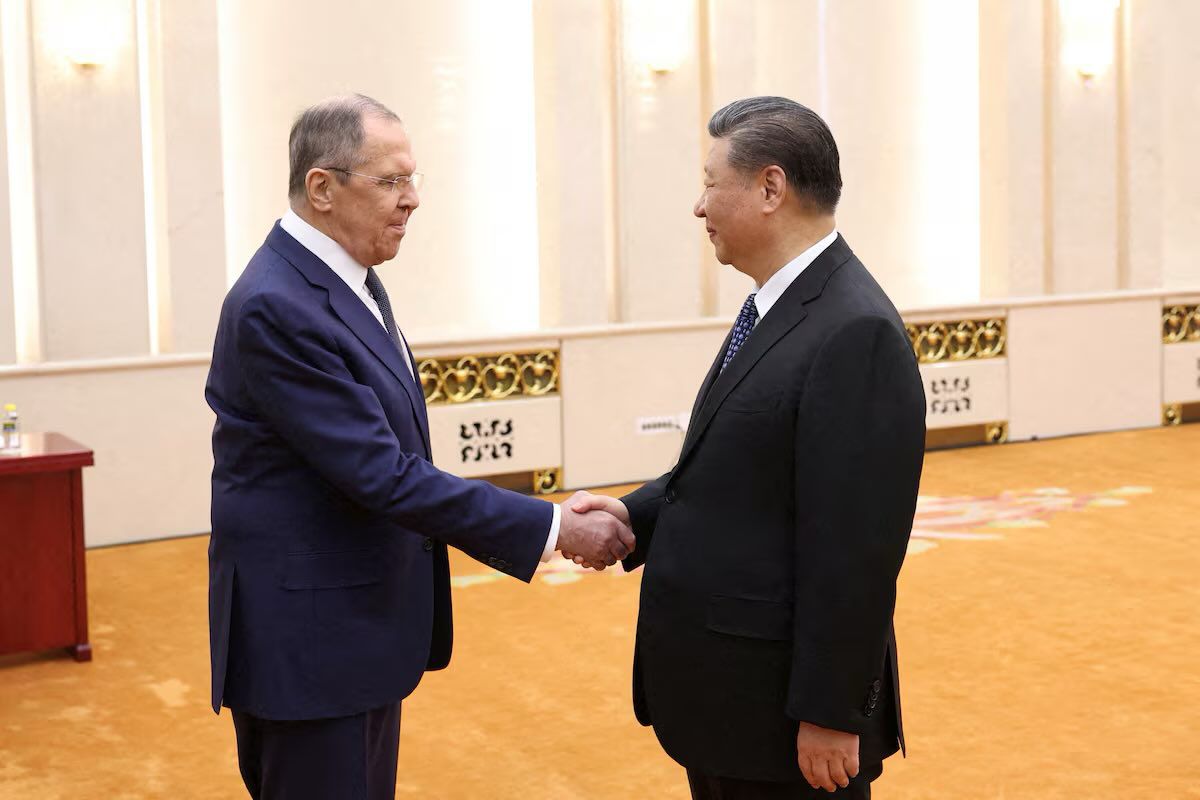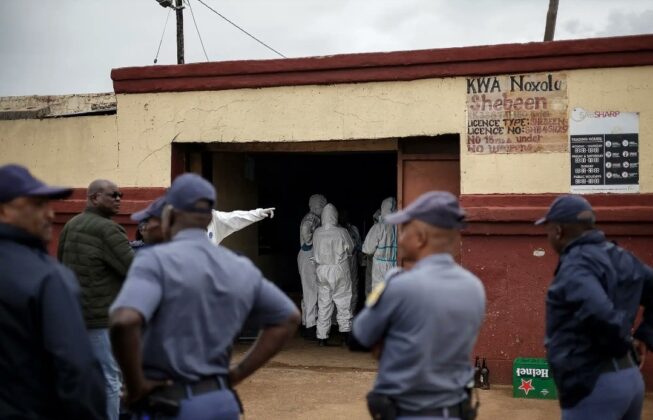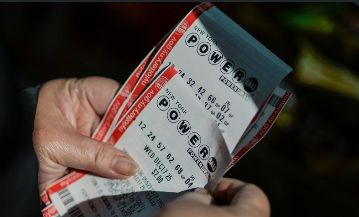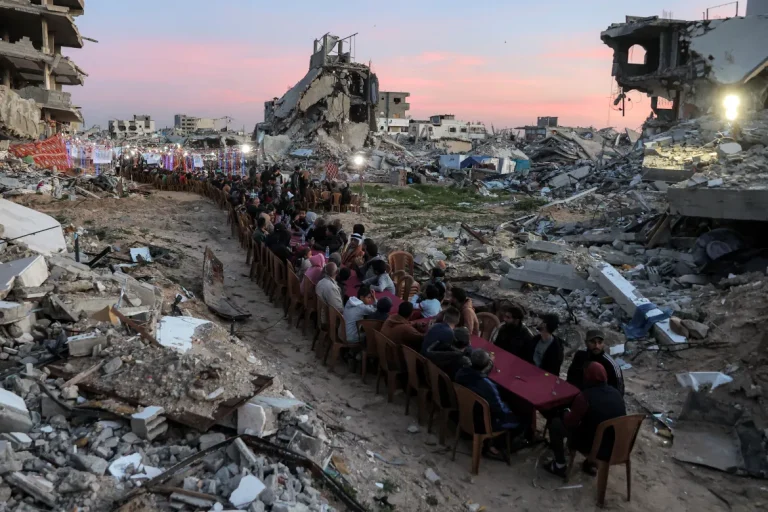
Russian Foreign Minister Sergei Lavrov meets Chinese President Xi Jinping in Beijing, as China reaffirms its backing for Moscow following Trump’s ultimatum on Ukraine. Image: Xinhua News Agency.
(The Post News)– U.S. President Donald Trump has given Russia 50 days to strike a peace deal with Ukraine or face stiff new penalties. The announcement, made on Monday, has rattled diplomatic circles and drawn mixed responses from Moscow, Kyiv, and Beijing.
At the heart of Trump’s warning is a fresh NATO-backed military aid package for Ukraine, funded by alliance members. The ultimatum also includes a threat to impose what Trump called “very severe tariffs” on countries that continue trading with Russia if peace is not achieved within the set timeframe. Speaking on Tuesday, Kremlin spokesperson Dmitry Peskov said Moscow needed time to assess Trump’s remarks. “President Trump’s statement is very serious. We certainly need time to analyze what was said in Washington,” Peskov told reporters during a press briefing in Moscow.
Although the Kremlin insisted it’s still open to talks, Peskov questioned whether Washington’s stance would help or hurt diplomatic progress. “It seems that such a decision made in Washington and in NATO countries and directly in Brussels will be perceived by Kyiv not as a signal for peace but for the continuation of the war,” he said.
Russia said it was awaiting a response from Ukraine to schedule a possible third round of direct negotiations. So far, two prior meetings held in Turkey haven’t delivered any breakthroughs. Meanwhile, Russian forces have continued launching waves of drone and missile attacks, resulting in heavy civilian casualties in Ukraine.
Ukrainian officials have pushed back on restarting talks with the current Russian delegation. Kyiv argues that Moscow’s team has no authority to negotiate seriously and has so far arrived at meetings with rigid demands Ukraine considers non-starters.
Adding to the tension, China has voiced strong backing for Moscow in the wake of Trump’s threats. In a meeting with Russian Foreign Minister Sergei Lavrov in Beijing, Chinese President Xi Jinping reaffirmed support for Russia, calling for deeper ties between the two countries. According to China’s state-run Xinhua News Agency, Xi urged both sides to safeguard their development and security goals and promote global reform “in a more just and equitable direction.”
While Beijing hasn’t openly endorsed Russia’s invasion, it’s been a vital economic ally. Energy deals and trade between the two countries have grown since the war began. The South China Morning Post also reported that China’s Foreign Minister Wang Yi told the EU’s Kaja Kallas earlier this month that Beijing doesn’t want Moscow to lose the war, fearing it could shift U.S. strategic pressure more directly onto China.



